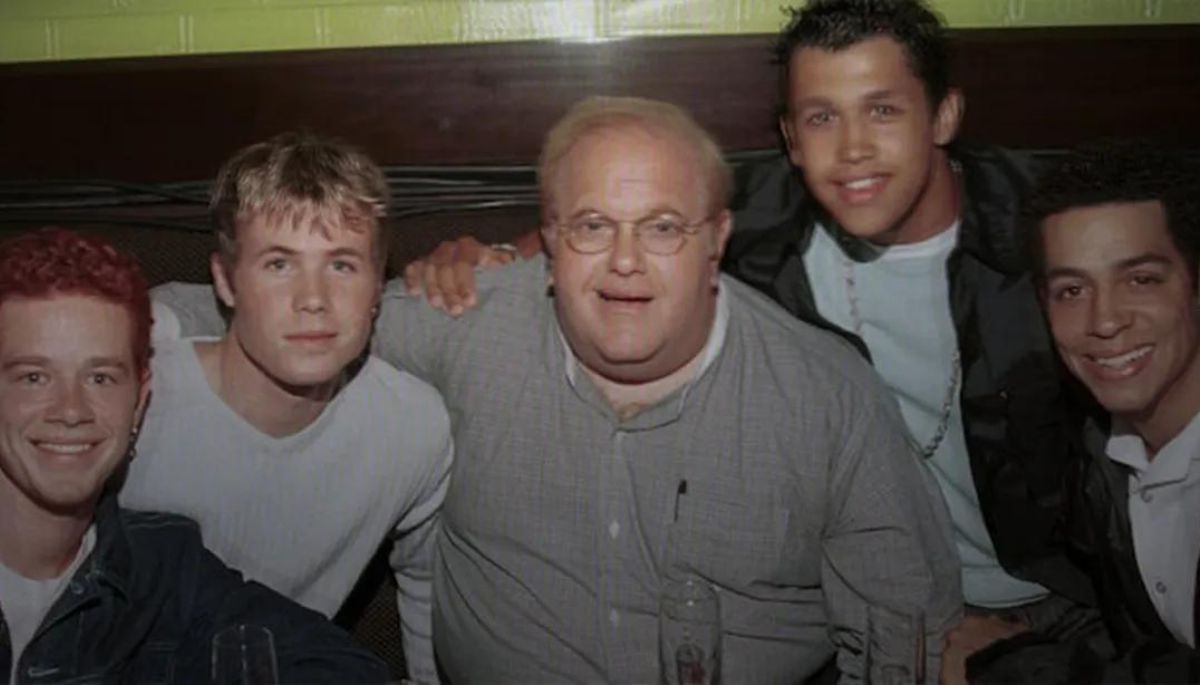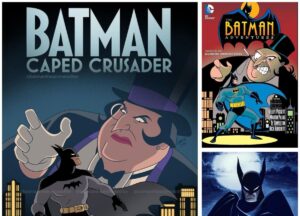Keynotes
- Lou Pearlman, creator of popular boy bands like Backstreet Boys and NSYNC, ran a massive Ponzi scheme alongside his music empire, defrauding investors of hundreds of millions of dollars.
- The documentary features interviews with former band members who describe Pearlman as both a father figure who launched their careers and a manipulator who exploited them financially.
- Pearlman’s Trans Continental Airlines was a fake company used to attract investors, while he used his boy bands as a front to appear successful and trustworthy.
Netflix’s latest docuseries “Dirty Pop: The Boy Band Scam” offers a fascinating deep dive into the rise and fall of Lou Pearlman, the controversial mastermind behind some of the biggest boy bands of the 90s and early 2000s.
As someone who grew up during the peak of the boy band craze, watching this three-part series was like peeling back the glossy facade of my teenage musical obsessions to reveal the dark underbelly of exploitation and fraud beneath.
The series chronicles Pearlman’s unlikely journey from blimp entrepreneur to pop music mogul, detailing how he leveraged his business savvy to create and manage massively successful groups like Backstreet Boys and NSYNC.
Through a mix of archival footage and new interviews with former band members and associates, “Dirty Pop” paints a complex portrait of Pearlman as both a visionary who launched superstar careers and a conman who defrauded investors out of hundreds of millions of dollars.
One of the most compelling aspects of the documentary is hearing directly from the artists Pearlman managed.
AJ McLean and Howie Dorough of Backstreet Boys and Chris Kirkpatrick of NSYNC offer candid insights into their experiences working with “Big Poppa,” as they affectionately called him.
Their stories reveal how Pearlman initially presented himself as a father figure to these young, aspiring performers, bankrolling their careers and nurturing their talents.
But as the bands skyrocketed to fame, they began to realize something was amiss when they saw little financial return despite their chart-topping success.
The series does an excellent job of contextualizing the meteoric rise of boy bands within the late 90s pop culture scene.
For those of us who lived through that era, it’s a nostalgic trip down memory lane, complete with plenty of throwback footage of screaming fans and iconic music video clips.
But it also illuminates the intense pressure and grueling work these young performers endured, often for meager compensation.
Where “Dirty Pop” really shines is in its detailed breakdown of Pearlman’s elaborate Ponzi scheme.
We learn how he used the boy bands as a front to attract investors to his fake airline company, Trans Continental Airlines.
The documentary does an admirable job of explaining the complex financial fraud in accessible terms, showing how Pearlman’s house of cards eventually came tumbling down.
One minor quibble I have with the series is its use of AI-generated footage of Pearlman “speaking” quotes from his autobiography.
While the filmmakers are transparent about this technique, it feels slightly gimmicky and ethically questionable, especially given the subject matter of fraud and deception.
Despite this misstep, “Dirty Pop” succeeds in offering a nuanced look at Pearlman’s legacy.
It doesn’t shy away from addressing the allegations of inappropriate behavior towards young male performers, though it notably lacks input from some key players like Justin Timberlake.
As the series progresses, it becomes clear that Pearlman’s story is ultimately a tragedy – not just for the investors he swindled, but for the young artists whose trust he betrayed.
The documentary leaves viewers to grapple with complicated questions about the nature of exploitation in the entertainment industry and the human cost of unchecked greed.
For fans of 90s pop culture or anyone interested in true crime and financial fraud, “Dirty Pop: The Boy Band Scam” is a must-watch.
It’s a gripping, well-paced series that will have you humming old Backstreet Boys tunes while shaking your head at the audacity of Pearlman’s schemes.
By the end, you’ll likely find yourself looking at those catchy pop hits of yesteryear in a whole new light.
Extra Scoop
- The docuseries “Dirty Pop: Boy Band Scam” fails to address the broader context of boy bands’ success, including their appropriation of Black musical styles and the existence of earlier successful groups like New Kids on the Block.
- By focusing solely on Lou Pearlman’s exploitation of the bands, the series overlooks complex issues surrounding the boy band members themselves, such as recent controversies involving Nick Carter and Justin Timberlake.
- The documentary’s narrow focus on portraying the boy bands as victims results in a one-dimensional narrative that ignores the multifaceted nature of their careers and the cultural landscape they operated in.




